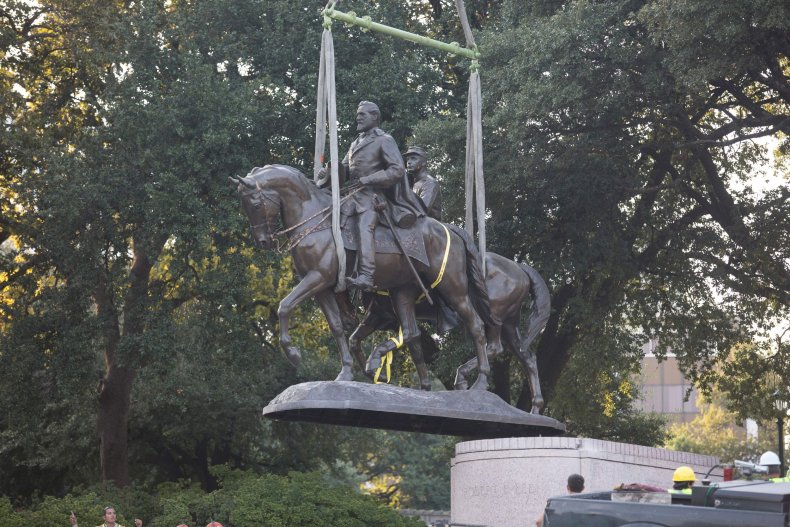I don't watch television news the way I used to, but I do it differently that I used to. Because of the bias of some news organizations, I dig a little deeper into my intellect to find my take-aways from a story. I have to confess that I also really enjoy watching Jake Tapper's face during interviews.
Sorry to add more to your plate, but your participation is going to require another layer of competency. I'm not saying you should stop watching your favorite news channels. I'm saying you need to use a fair and balanced lens. I know what I'm getting if I turn on CNN or Fox News. I do my best to sort out the skew and listen for the facts. I can construct my own opinion based on what is absolute. I can filter out someone else's truth. I do not find any validation if they confirm something I believe so therefore I feel no allegiance to that source.
I stumbled across the chart below when I was preparing to speak to some student journalists about newspapers in schools. It is complicated to look at, but worth the effort in your search for facts. I've learned to consider where publications are in this graphic before I read a story. Look at it this way. Before you buy something, we might look at ratings and feedback form other buyers. If we are shopping like we are supposed to, we avoid impulse buys and the eventual disappointment if something is wrong with the product. Why do we "impulse buy" news stories fed to us on television and online? Not all news media is bad and with the scrutiny placed on them, they are right to be in defense mode. Support good media by not impulse buying bad media.
The current issue that frustrated me to the point of writing this is the face mask debate. You see one news story that gives you the facts and benefits pointed out by a medical professional. In another, you have people screaming about their constitutional rights. For those impulse media buyers out there, there is plenty of evidence that suggests masks can help us stop the spread of COVID-19 and zero evidence in the constitution or case law that says you have the legal right to refuse to wear one. Remember, your rights end where the next man's nose begins. If you heard that from any source that you see in the bottom right hand side of the above info-graphic, change your news habits. Information cannot be an impulse buy.





